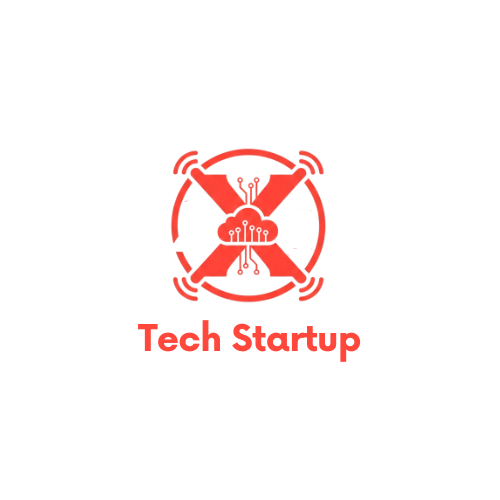Apple’s new AI, Apple Intelligence, announced at WWDC, is causing a stir among its loyal creative users. Set to roll out later this year, this AI enables users to create images from text prompts on their devices. However, many in the creative community are upset about the lack of transparency regarding the data used to train this AI.
Jon Lam, a video game artist and creators’ rights activist from Vancouver, expressed his concerns to Engadget. He wished Apple had been more open about how they collected their training data. Many artists, photographers, and sculptors feel the same, frustrated by Apple’s silence on the matter.
Generative AI models rely on vast amounts of data to function well. Most companies use whatever data they can find online, often without consent. This practice has led to numerous lawsuits from artists, authors, and musicians. They accuse AI companies of using their work without permission and profiting from it.
Apple has stated that it collects public data from the web using its web crawler, AppleBot. However, they have not provided specific details about the sources of this data. While Apple claims to create some training data internally and has deals with platforms like Shutterstock and Photobucket, these claims lack confirmation. This secrecy is causing anxiety among artists who fear their work might be used without their consent.
Andrew Leung, an artist involved in major films like “Black Panther” and “The Lion King,” testified before the California State Assembly, calling generative AI “the greatest heist in the history of human intellect.” He argued that using “publicly available” data does not equate to fair use. Leung and other artists believe that companies should not use their data without explicit permission.
Apple does allow websites to opt out of being scraped by AppleBot. However, this solution is seen as insufficient. It is unclear when AppleBot began its scraping activities or how effective opt-out requests are. This lack of clarity and control over their data is a significant concern for artists.
Even Apple enthusiasts are disappointed. Federico Viticci, founder of the Apple fan blog MacStories, criticized Apple’s lack of transparency. He believes Apple should adhere to higher ethical standards, given its reputation.
Adam Beane, a sculptor who has used Apple products exclusively for 25 years, feels disillusioned. He criticizes Apple for not being forthright about its data sources and questions the effectiveness of the opt-out options. Beane’s trust in Apple is waning, reflecting a broader sentiment among creative professionals.
Karla Ortiz, a San Francisco-based illustrator, is part of a lawsuit against Stability AI and DeviantArt, companies behind popular AI models. She believes that all generative AI companies, including Apple, overreach and violate intellectual property rights. Her viral social media posts highlight the widespread concern among artists.
The controversy surrounding Apple Intelligence is part of a larger issue. Many creative professionals feel betrayed by tech companies whose tools they rely on. For instance, Adobe faced backlash for using questionable data to train its AI model, Firefly. The company had to update its terms of service to assure customers their content would not be used without consent.
Artists like Jon Lam are reconsidering their reliance on Apple products. While switching entirely might not be feasible, they are looking for alternatives. Lam plans to replace his iPhone with a simpler device, the Light Phone III, as a step towards reducing his dependence on Apple.
In summary, Apple’s lack of transparency about the data used to train Apple Intelligence is causing significant concern among artists and creatives. As Apple pushes forward with its AI initiatives, it must address these ethical concerns to maintain the trust of its creative user base.

